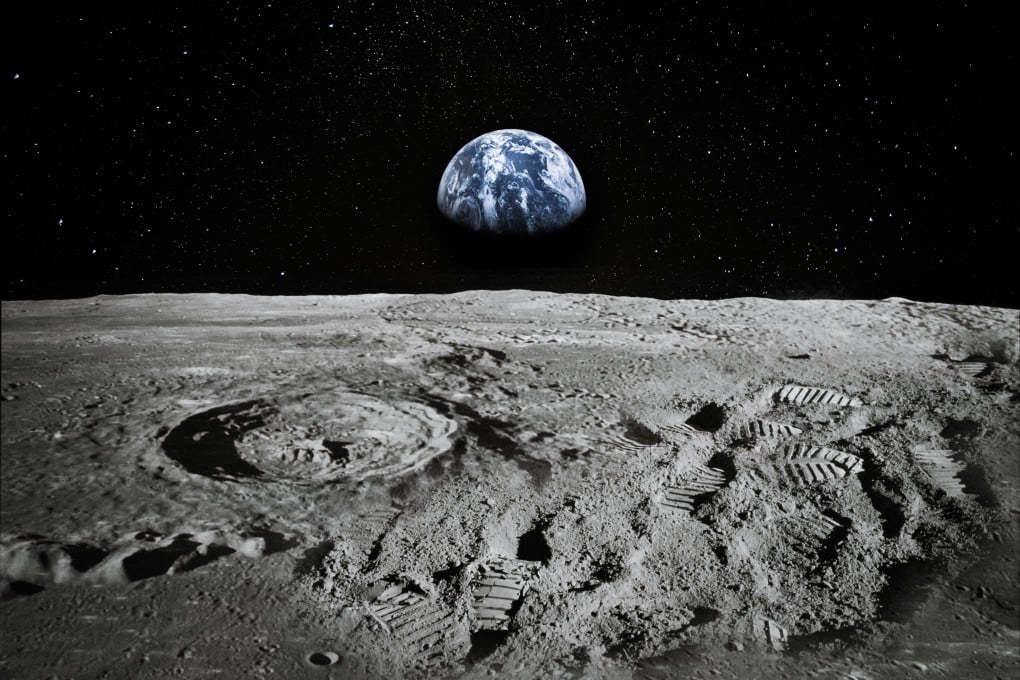Chang’e-8 moon mission first to get robotic boost from China’s private sector
Two AI-controlled lunar rovers in 2028 launch set to mark the first time a Chinese tech subcontractor plays a key role in a space mission

“This is the first time a private company in China has been responsible for a sub-project in space exploration. Traditionally, China’s space missions have been conducted primarily by state-owned entities,” Wang Chunhui, the company’s chief technology officer, said in an interview.

“Previous missions like this were typically handled by industrial departments, but this time, we’ve incorporated commercial aerospace companies, and we are also exploring international cooperation,” he said, adding that his company intended to make the most of the opportunity.
The two lunar exploration robots will also interact autonomously. “Through data sharing and task delegation, the robots will work together like a team, achieving objectives that would be impossible for independent robots to complete,” Wang said.
Sun Shujian, an aerospace and satellite expert with Zhejiang University, said artificial intelligence (AI) would play a key role in China’s future lunar exploration.